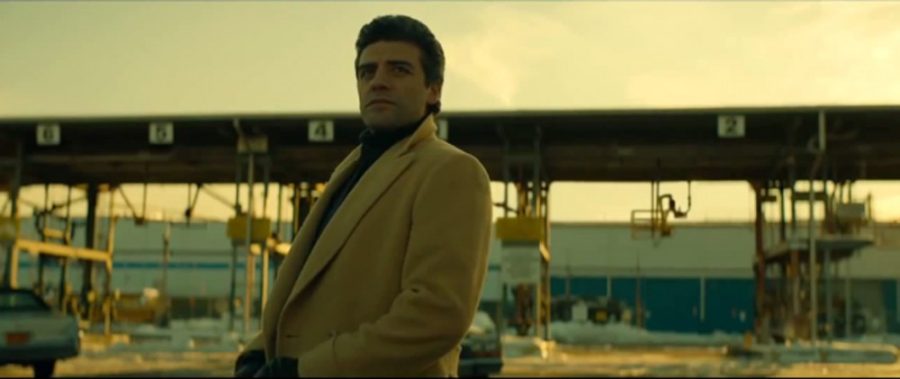New York City in 1981 seeks to bring a well-intentioned man to his knees. “A Most Violent Year” successfully subverts the various trappings of the organized crime genre by not giving into the one vice that its protagonist also tries to buffer himself against: violence.
Oscar Isaac and Jessica Chastain form the dynamic tandem of a husband and wife of a heating oil company on the verge of making it big.
Abel (Isaac) is a man of principle and speaks in deliberate dictums.
“When it feels scary to jump, that is exactly when you jump; otherwise, you end up staying in the same place your whole life, and that I can’t do,” he tells the higher-ups of a bank. The bank may be wavering on financing his legitimate heating oil business that is becoming associated with illegitimate activities.
Isaac so consummately embeds Abel’s ideals in his performance, that, at times, he becomes more of an assuring force than a man. He has the presence of conviction that is calm and levelheaded, akin to Marlon Brando’s patriarchal mob boss, Vito Corleone, in “The Godfather.” This is a comparison, however, that might not flatter Abel.
“Is this what it comes to — that we have to walk outside like fucking gangsters?” Abel says to his lawyer (Albert Brooks) after he suggests leaving the office to discuss matters of business. If there’s one thing that Abel and this film absolutely don’t want to represent, it’s being the average organized crime Mafioso. Director J.C. Chandor means to show a different way.
The threat of the archetypal violent gangster, however, manifests itself in Abel’s wife, Anna (Chastain). She keeps the books for the company and is very much Abel’s partner as well as his spouse. While Abel wants to strive for the higher road, Anna prefers more direct courses of action.
As things start to escalate, as more of the company’s oil delivery trucks start getting knocked off and their drivers injured, Anna alludes to getting her brother and father involved. Though Anna was able to pull her way out of the rough parts of the city, her family is still denizens of New York City’s underworld. Anna’s father and brother could be Joe Pesci and Al Pacino, ready to break in skulls and bust kneecaps.
Yet, the threat of violence is never delivered upon. As soon as you think that the climate has become too volatile and that the point of no return has finally arrived, there’s nothing. You could be inclined to call it a “tease,” but that would set aside how Chandor is deadly serious about this subject matter.
Guns do make an appearance, but here, their thematic heft actually matches their imposing physicality. Anna unrepentantly plugs a maimed, suffering deer with three loud, purposeful bullets to put it out of its misery. She turns on her heel and walks away with a smirk. It’s one of the most memorable examples of a woman with a gun since Betty Draper, with cigarette dangling from mouth, shot pigeons out of the sky in “Mad Men.”
Thus, the paradox of “A Most Violent Year”: It’s not all that violent. Every time Abel rebuffs the temptation of violence, his theme plays — a triumphant, Americana fanfare that doesn’t sound dissimilar to something from “Rocky.” By film’s end, however, he hasn’t emerged unsoiled.
“All my life, I have always taken the path that is most right,” Abel says. “The result is never in question, just the path you take to get there.”
There is no wholesome path, as taking the higher road still involves descending into murky territory. Abel eventually completes his goal, but he finds he only took the road that is “most right,” not the “right” path. By the end of the film, he wasn’t able to achieve the American Dream on his own terms.
_______________
Follow Alex Guyton on Twitter.









